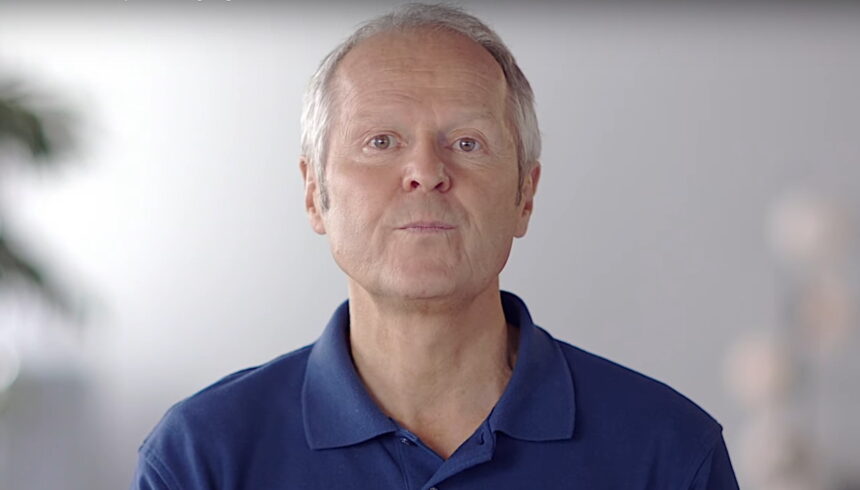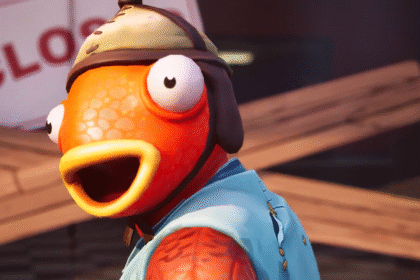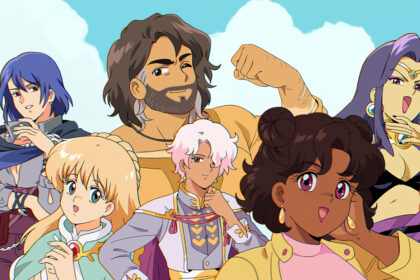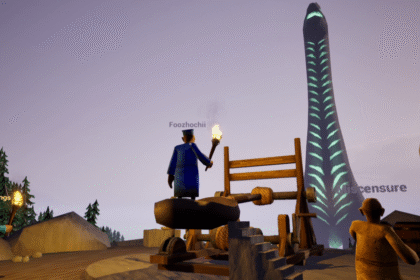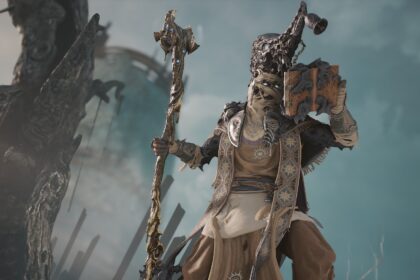Ubisoft CEO Yves Guillemot has addressed the Stop Killing Games consumer rights campaign, stating that end-of-life support for old online games ‘a far reaching issue’ that the publisher is ‘working on’ but that ‘nothing is eternal’ when it comes to videogame services.
Guillemot was asked about Stop Killing Games—which advocates for increased regulations to prevent game developers and publishers from shutting down games after official support for them ends—at Ubisoft’s annual shareholder’s meeting. The question was posed in the context of Ubisoft’s online racer The Crew, the shutdown of which became the catalyst for the Stop Killing Games initiative.
As noted by Game File, Guillemot was asked whether he supported the petition, whether players own a Ubisoft game when they purchase it, and how Ubisoft plans to ensure its games remain playable after support is discontinued.
Guillemot initially responded by defending the amount of support Ubisoft provides for its games at present. “Regarding the petition, we operate in a market. And, whenever we release a game, we provide a lot of support for that game. We also provide a lot of services to make sure that the game is accessible and remains playable 24/7.”
Guillemot also stated that “players and buyers are forewarned” when a Ubisoft game is going to be shut down, and that with The Crew specifically, Ubisoft offered its successor, the Crew 2, on sale for €1 for a fortnight prior to the original game’s shuttering. “For just one Euro they got to buy the next version. One Euro… it’s not a lot of money to be able to continue playing a game.”
I’m not sure Guillemot’s conflation of The Crew 2 as both a sequel and a continuation of the original game’s service is justified here, since they are two separate games. It is possible for a game to be both, as demonstrated by Valve when it overwrote Counter-Strike: Global Offensive with Counter-Strike 2. But that was a direct replacement handed out for free, while you can still play CS:GO by reverting to an older build and playing on community servers. Moreover, if the point of Ubisoft’s sale was indeed to allow players of The Crew 1 to jump ship (or, indeed, car) then this doesn’t appear to have been made clear by Ubisoft at the time.
Watch On
Anyway, Guillemot then points out that “all video game publishers” are faced with the issue of changing or ending services. “You provide a service, but nothing is written in stone and at some point the service may be discontinued. Nothing is eternal. And we are doing our best to make sure that things go well for all players and buyers, because obviously support for all games cannot last forever.”
It’s worth noting here Stop Killing Games does not demand unceasing support for games by publishers. In its website FAQ, Stop Killing Games states it is “in favour of publishers ending support for a game whenever they choose. What we are asking for is that they implement an end-of-life plan to modify or patch the game so it can run on customer systems with no further support from the company being necessary.”
In fairness to Ubisoft, it has claimed such safeguards will be put in place for The Crew 2, which Guillemot likewise pointed out in his response. “We also announced that the game would be available offline in the future so that players could continue to play it. So this is an issue that we’ve been dealing with.”
Guillemot concludes by reiterating the point about services having a shelf-life. “The lifespan of a piece of software, whenever there’s a service component, eventually services may be discontinued, because eventually the software may become obsolete over time. A lot of tools become obsolete 10 or 15 years down the line. They’re no longer available. And that is why we release a new version. And so we have version two and then version three. But clearly this is a far-reaching issue, and we are working on it.”
As for Stop Killing Games, earlier this month it cleared the threshold of one million signatures to become an EU Citizens’ Initiative, meaning it passes the bar to be deliberated by the European Commission. However, there are questions regarding the validity of some of those signatures, with Stop Killing Games’ organiser Ross Scott concerned that the figure has been inflated by signature spoofing campaigns.
Read the full article here



